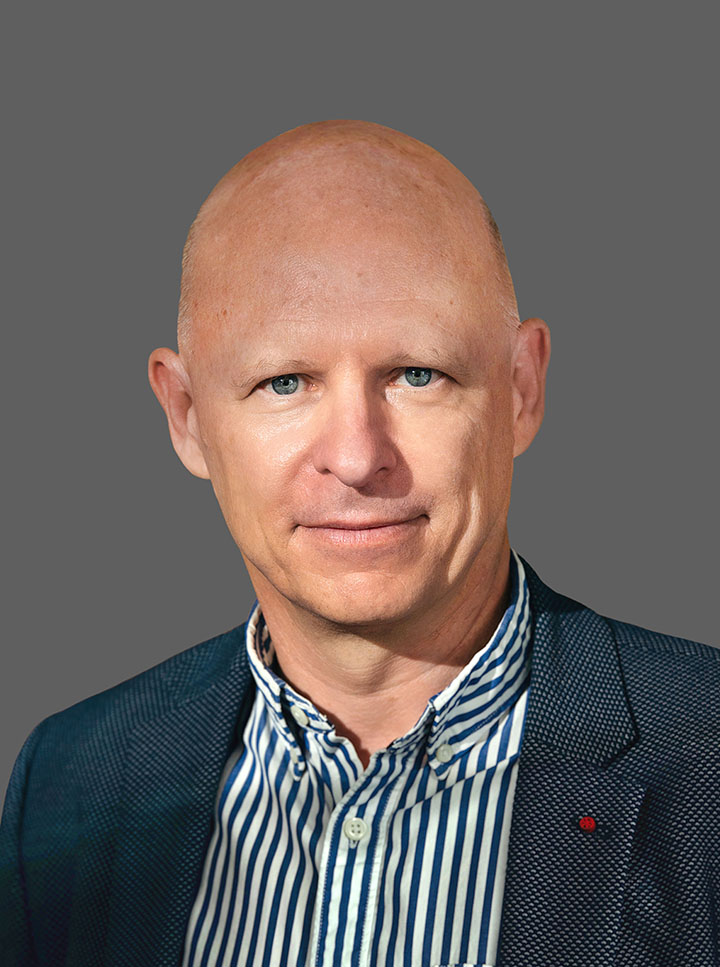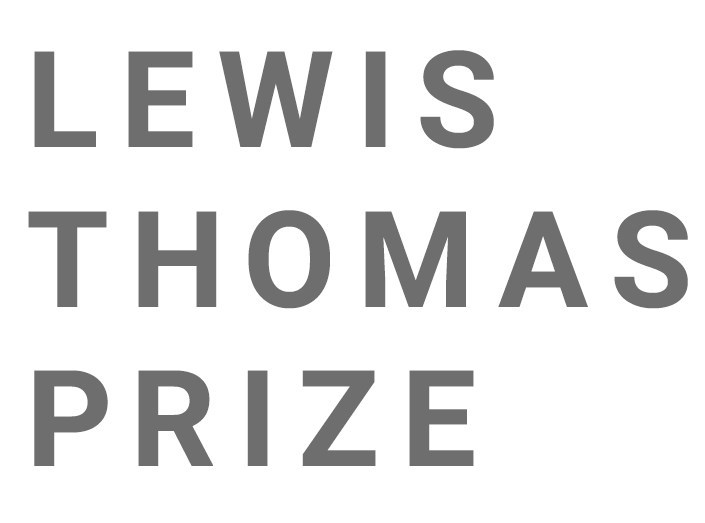2025 Ceremony
The Lewis Thomas Prize for Writing about Science
An International Award Honoring the Scientist as Poet
Will be awarded to
Stanislas Dehaene, Ph.D.
Professor and Chair of Experimental Cognitive Psychology, Collège de France
Director of the NeuroSpin Brain Imaging Center, Saclay, France
Director of the Cognitive NeuroImaging Unit, INSERM-CEA-Université Paris-Saclay
President of the French Scientific Council for Education
Seeing the Mind: Past, Present, and Future of Brain Imaging Research
5:30 PM Registration and Reception
6:30 PM Prize Presentation and Lecture
Video(opens in new window)
Caspary Auditorium
1230 York Avenue at East 66th Street
New York, NY 10065
Stanislas Dehaene, Ph.D., has made major contributions to the scientific understanding of how the human brain works, consciously and unconsciously, and how it educates itself through language and mathematics. As an author, he has turned complex and enthralling insights revealed through research into beautifully crafted prose accessible to non-scientists. His uncommon curiosity, intellect, and collaborative spirit have shaped his many achievements in both neuroscience and literature.
Dr. Dehaene grew up in Roubaix, France, with an early passion for mathematics. He moved to Paris for his undergraduate and graduate education, first in mathematics at Ecole Normale Supérieure, then earning a Ph.D. in cognitive neuroscience from l’École des hautes études en sciences sociales.
In 1989, he became a research scientist at France’s National Institute of Health and Medical Research, advancing to director of research in 1997. Today, he holds the inaugural Chair of Experimental Cognitive Psychology at the Collège de France in Paris and is director of NeuroSpin, France’s advanced brain-imaging research center.
Much of Dr. Dehaene’s research in neuroscience has involved imaging how cognitive and brain organization differs in adults and children from diverse backgrounds—looking, for example, at the mathematical abilities of Amazon Indigenous Peoples, as well as the neural activity of blind individuals, brilliant mathematicians, adults who never learned to read, or two-month-old infants exposed to spoken sentences. Reconciling nature and nurture, his research provides extraordinary evidence of the human brain’s adaptability, as well as its pre-programmed neural architecture, present at birth, to represent numbers and acquire language.
For his research, Dr. Dehaene has earned many accolades, including the French National Order of Merit, the Chevalier de la Légion d’Honneur, and the Brain Prize. He also has been inducted into numerous international scientific societies, including the National Academy of Sciences and the Royal Society.
Dr. Dehaene has written five books for the general public, including How We Learn and Seeing the Mind, which have captivated and instructed millions of people in dozens of languages. With striking metaphors, humorous asides, and elegant turns of phrase, he has inspired readers to think deeply about how all humans can brilliantly process and retain information, given the right environments.
 Stanislas Dehaene, Ph.D.
Stanislas Dehaene, Ph.D.
